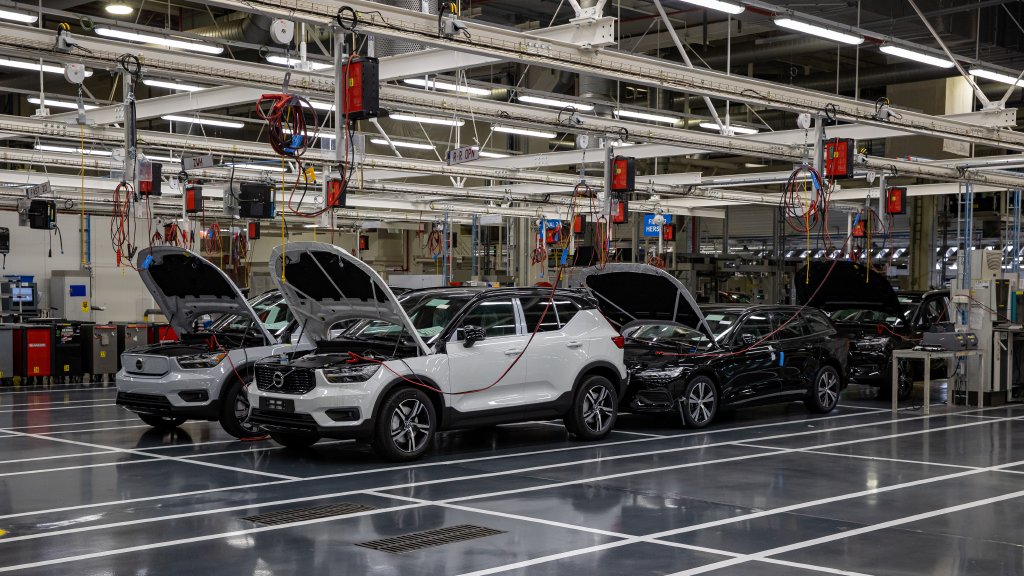The worldwide shortage of microchips means that the Volvo Cars factory in Ghent will shut down on Monday, Thursday and Friday next week, putting 5,000 employees on temporary unemployment.
The shortage of chips is a result of the coronavirus pandemic. When the virus first struck in 2020, many factories cut back on production, and the problem was made worse by the fact that much of the world’s production comes from China.
The shortage will not be rapidly taken care of: forecasts are that the backlog in orders could take years to be worked out.
In the meantime, the technical advances in motorcar technology mean that the industry is utterly reliant on chips to manufacture its product. The problem is about to filter down into the repair sector as well, if it hasn’t already.
Volvo Gent has already suffered five days of shutdown in the first half of this year. This time around, about 5,000 of the 6,000 people who work there will be on temporary unemployment.
That is a mechanism that can be called upon by employers when, in cases of force majeure or circumstances beyond their control, workers have to be temporarily laid off work.
In that case, the government pays an allowance based on a percentage of normal earnings, but not counting extras like overtime or weekend hours – which form an important part of a factory worker’s income.
"That's not good news," said Volvo spokesperson Barbara Blomme. “The production of an average of 1,000 cars per day will again come to a standstill. But we are not alone. This is a global problem and we are only one of the players affected.”
Other Volvo factories are affected, but the one in Ghent turns out high-tech models like the XC40, which are more dependent than conventional vehicles on supplies of chips.
“Our electric models do indeed contain a great many of those components,” said Blomme. “The average car contains at least a hundred microchips. That number goes up in an electric car.”
In other Belgian plants, De Tijd reports, shutdowns have happened, for example at Volvo Trucks in Berchem-Sainte-Agathe in Brussels and the heavy goods division of Audi.
At Audi’s car plant in Brussels, meanwhile, the workers are on summer break until 23 August, but the third quarter is expected to be ‘volatile and tense,’ a company spokesperson said.
There, too, the possibility of shutdowns is not being excluded.

